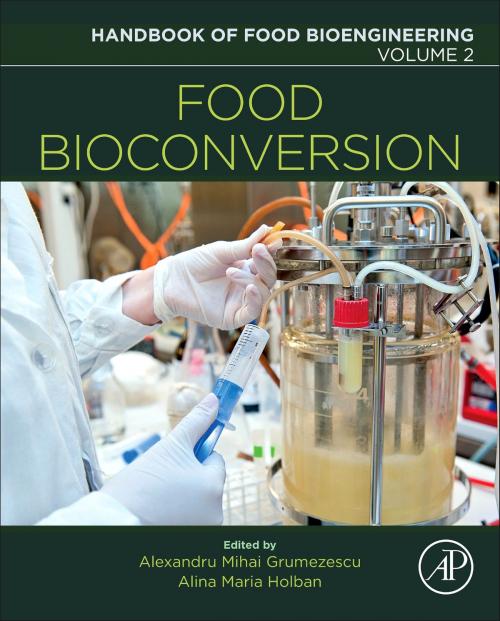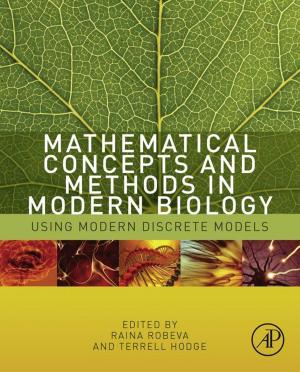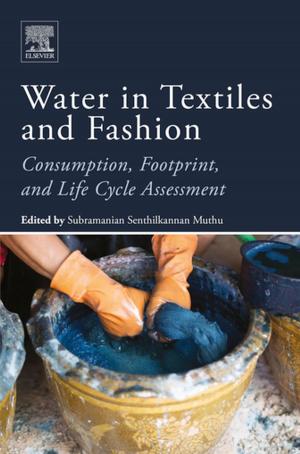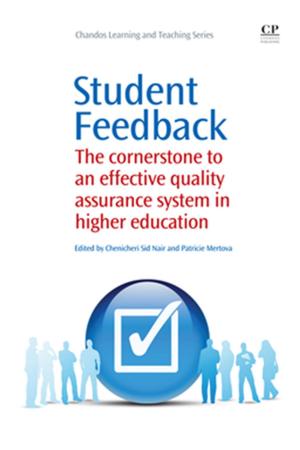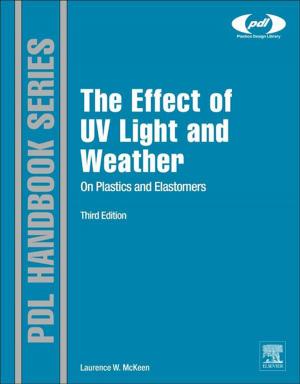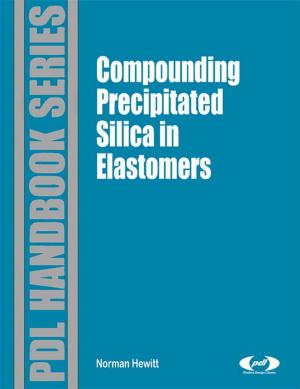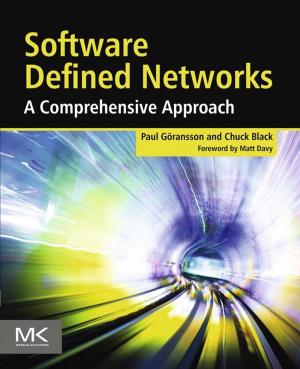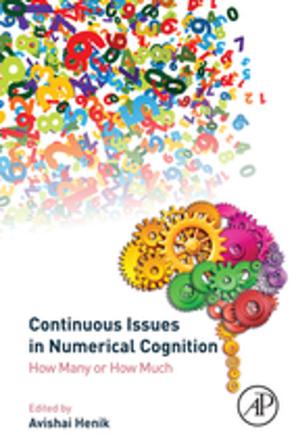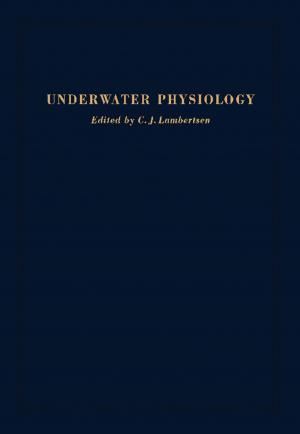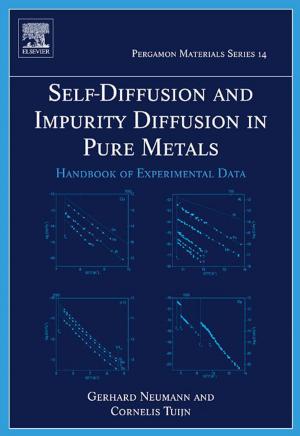| Author: | ISBN: | 9780128112069 | |
| Publisher: | Elsevier Science | Publication: | June 29, 2017 |
| Imprint: | Academic Press | Language: | English |
| Author: | |
| ISBN: | 9780128112069 |
| Publisher: | Elsevier Science |
| Publication: | June 29, 2017 |
| Imprint: | Academic Press |
| Language: | English |
Food Bioconversion, Volume Two in the Handbook of Food Bioengineering series is an interdisciplinary resource of fundamental information on waste recovery and biomaterials under certain environmental conditions. The book provides information on how living organisms can be used to transform waste into compounds that can be used in food, and how specialized living cells in plants, animals and water can convert the most polluting agents into useful non-toxic products in a sustainable way. This great reference on the bioconversion of industrial waste is ideal in a time when food resources are limited and entire communities starve.
- Presents extraction techniques of biological properties to enhance food’s functionality, i.e. functional foods or nutraceuticals
- Provides detailed information on waste material recovery issues
- Compares different techniques to help advance research and develop new applications
- Includes research solutions of different biological treatments to produce foods with antibiotic properties, i.e. probiotics
- Explores how bioconversion technologies are essential for research outcomes to increase high quality food production
Food Bioconversion, Volume Two in the Handbook of Food Bioengineering series is an interdisciplinary resource of fundamental information on waste recovery and biomaterials under certain environmental conditions. The book provides information on how living organisms can be used to transform waste into compounds that can be used in food, and how specialized living cells in plants, animals and water can convert the most polluting agents into useful non-toxic products in a sustainable way. This great reference on the bioconversion of industrial waste is ideal in a time when food resources are limited and entire communities starve.
- Presents extraction techniques of biological properties to enhance food’s functionality, i.e. functional foods or nutraceuticals
- Provides detailed information on waste material recovery issues
- Compares different techniques to help advance research and develop new applications
- Includes research solutions of different biological treatments to produce foods with antibiotic properties, i.e. probiotics
- Explores how bioconversion technologies are essential for research outcomes to increase high quality food production
